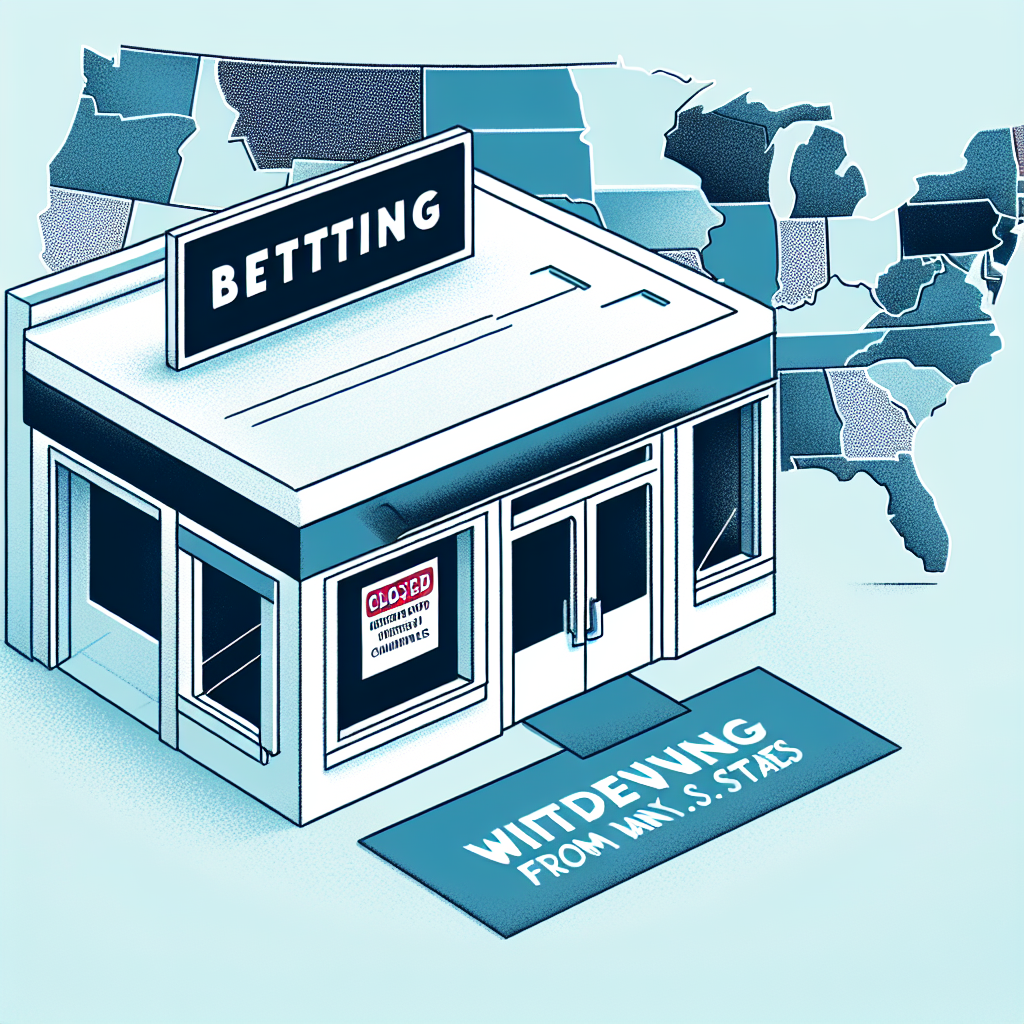In a significant shift in its business strategy, Betfred, the UK-based bookmaker, has announced a reduction in its operations across the United States. This decision comes as the company faces numerous challenges, including regulatory hurdles, competitive pressures, and changing market dynamics. This article explores the reasons behind Betfred’s decision, the implications for the gambling industry, and what this means for customers and competitors.
Understanding Betfred’s U.S. Market Challenges
Betfred’s journey in the U.S. market has been fraught with challenges that have impacted its operations and strategic decisions. Key factors contributing to their recent decision include:
- Regulatory Challenges: Each state in the U.S. has its own set of regulations governing sports betting. The complexity and cost of compliance have proven to be significant hurdles for Betfred.
- Intense Competition: The U.S. sports betting market has seen an influx of domestic and international players, making it one of the most competitive landscapes globally.
- Economic Pressures: Economic uncertainties and shifting market conditions have also played a role in Betfred’s strategic retreat from certain states.
Impact on the Gambling Industry
The withdrawal of Betfred from several U.S. states has a ripple effect on various stakeholders within the gambling industry:
- Market Dynamics: Betfred’s exit may lead to reduced competition in some states, potentially affecting market prices and consumer choice.
- Regulatory Impact: This move could influence regulatory discussions and potentially lead to changes in how sports betting is governed in the U.S.
- Opportunities for Competitors: Betfred’s departure opens up market opportunities for other companies looking to expand their footprint in the lucrative U.S. market.
Case Studies and Examples
Several case studies highlight the challenges and strategic decisions similar to Betfred’s experience in the U.S. market:
- Example 1: William Hill’s Expansion: Unlike Betfred, William Hill capitalized on early entry into various states and a robust partnership strategy, illustrating a contrasting approach in tackling regulatory and competitive challenges.
- Example 2: FanDuel’s Market Strategy: FanDuel’s focus on digital innovation and customer engagement has helped it maintain a strong presence in competitive markets, suggesting alternative strategies that Betfred could consider.
What This Means for Customers and Competitors
Betfred’s scaled-down U.S. operations will have direct implications for both customers and other companies in the sports betting market:
- Customers: Bettors in affected states might experience fewer betting options and potentially higher prices due to reduced competition.
- Competitors: Other industry players might see this as an opportunity to capture a greater market share or to enter markets previously dominated by Betfred.
Conclusion: Key Takeaways
Betfred’s decision to reduce its presence in the U.S. underscores the complex nature of the American sports betting market. The challenges of regulatory compliance, fierce competition, and economic instability are significant barriers to success. This move might not only reshape Betfred’s business strategy but also influence the broader market dynamics, offering lessons and opportunities for other players in the industry. As the market continues to evolve, stakeholders must navigate these challenges strategically to thrive in the ever-competitive gambling sector.

